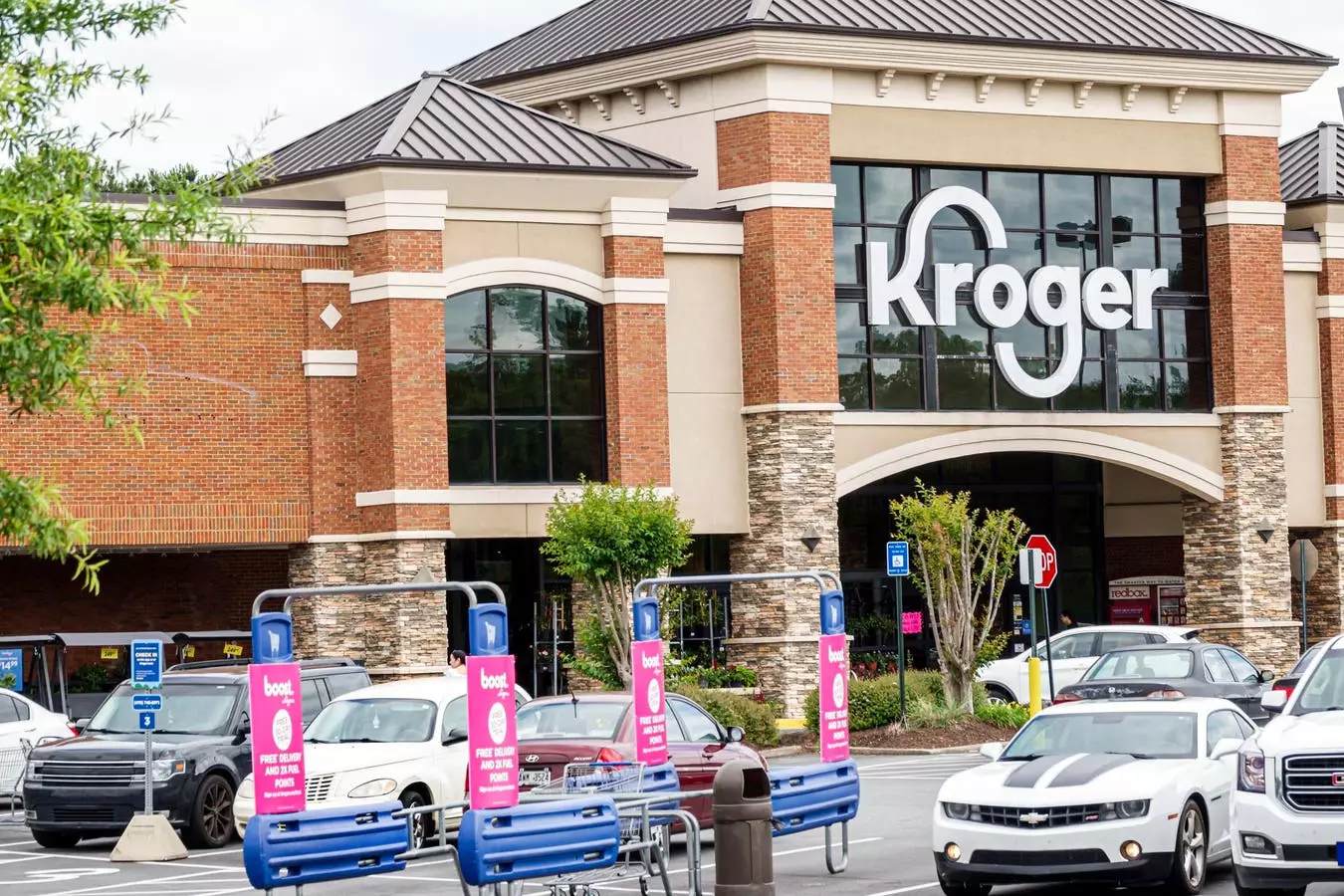In a pivotal ruling, a Federal Judge alongside a King County Judge in Washington State has thwarted the proposed $25 billion merger between grocery giants Kroger and Albertsons, marking a significant victory for consumers, labor groups, and the Federal Trade Commission (FTC) alike. This decision underscores the growing scrutiny over corporate consolidation in the grocery sector and highlights a user-centric approach to antitrust legislation, reflecting broader societal concerns about competition, pricing, and labor conditions within the retail food industry.
Kroger and Albertsons have positioned their merger as a necessary step to enhance their ability to compete with retail behemoths such as Walmart, Amazon, and Costco. They argued that consolidating their operations would allow them to streamline costs and improve competitiveness. However, critics from various sectors apprehended that the merger would exacerbate price inflation by reducing competition, thereby harming consumers and endangering bargaining power for grocery workers. The FTC championed the cause against the merger, spotlighting concerns about higher prices and diminished choices for consumers.
This anticipated merger could have resulted in a grocery conglomerate operating over 5,000 stores, further centralizing supermarket power in an industry already dominated by a handful of key players. The reality is that already, the top six grocery chains account for a staggering 65% of the market, leading to significant concerns over consumer welfare and market diversity.
The Financial Implications for Consumers and Workers
The financial ramifications of such a merger extend beyond basic consumer pricing. Kroger and Albertsons invested nearly $1 billion in efforts to finalize the merger, money that, critics argue, would have been better allocated to reducing grocery prices and improving conditions for workers. A coalition of United Food and Commercial Workers (UFCW) unions issued statements highlighting that this merger would hardly be beneficial for the working class or local communities. Many workers believed that a larger corporation would threaten their livelihoods, wages, and negotiating capacities within collective agreements.
Furthermore, grocery prices have witnessed an alarming rise in recent years — with a reported 30% increase between 2020-2022 — directly tied to inflationary practices that have padded corporate profits. This sharp rise underscores a worrying trend: enhancing corporate concentration often leads to price hikes rather than competitive pricing. The FTC’s diligence in blocking this merger raises questions about the responsibilities of both corporations and the regulatory frameworks that oversee market practices.
The merger’s implications reach far beyond just Kroger and Albertsons; they reveal a concerning trend of market concentration within the grocery sector. Companies such as Walmart command a massive share of grocery sales, controlling nearly 30% of the market nationwide. This concentration is replicated across various food and beverage categories as well. For example, the top four yogurt companies represent 75% of the market, while four companies manage over 90% of cereal sales. This monopoly can lead to reduced innovation and choice for consumers, ultimately harming the quality and diversity of products available on store shelves.
The decision to block the merger was also about protecting the essential nature of competition, as the loss of one player can lead to a deleterious effect on local economies. With fewer companies in the running, there’s less incentive for price controls and quality improvements. The FTC’s action serves as a reminder that stakeholders—particularly antitrust advocates—are cognizant of these issues and remain vigilant about protecting the integrity of diverse market practices.
Future Considerations: Towards Sustainable Grocery Practices
While this ruling serves as a temporary triumph for antitrust and labor advocates, it is crucial to recognize the broader implications for the grocery industry. Market concentration presents an ongoing challenge, compounded by external pressures such as climate change, public health crises, and socioeconomic inequalities.
Advocating for diversified ownership and sustainable practices should be at the forefront of future grocery industry discussions. Envisioning a retail ecosystem that prioritizes worker welfare, accountability, and healthy food options can ultimately lead to a more balanced and equitable marketplace. Such sweeping changes require systemic action and a willingness to consider innovative models that counteract the historically entrenched consolidation present in the grocery sector.
The rejection of the Kroger-Albertsons merger marks an important turning point in the ongoing fight against monopolistic behaviors in the grocery market. This decision amplifies the call for more robust antitrust enforcement and signals the need for consumer and worker advocacy in shaping a fairer and more competitive market landscape. The ruling serves as a critical reminder of the responsibility that regulatory bodies have to protect not only consumer interests but also the rights and livelihoods of workers at every stop along the supply chain.


Napsat komentář